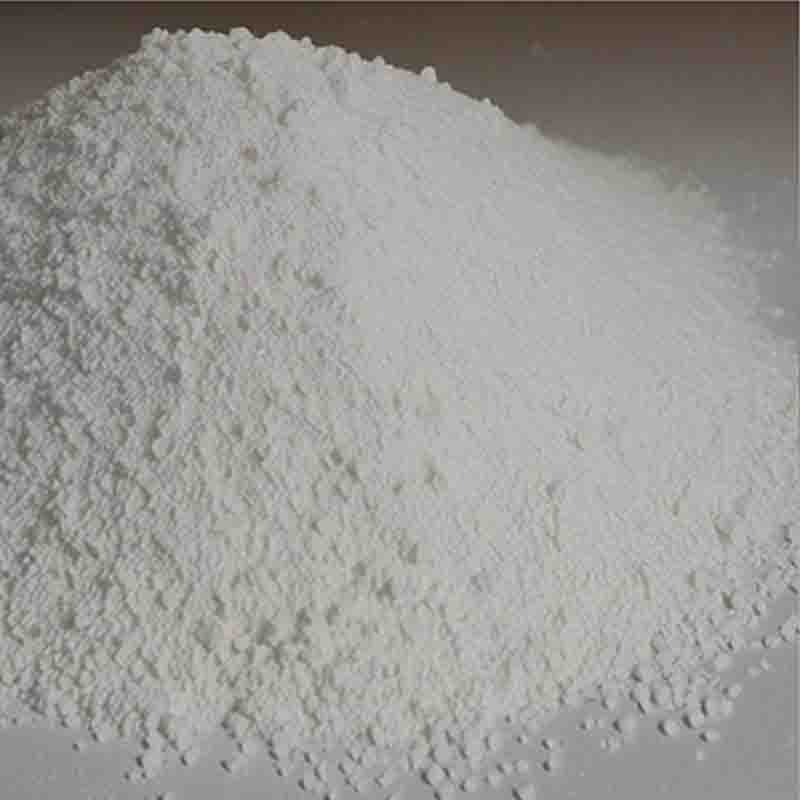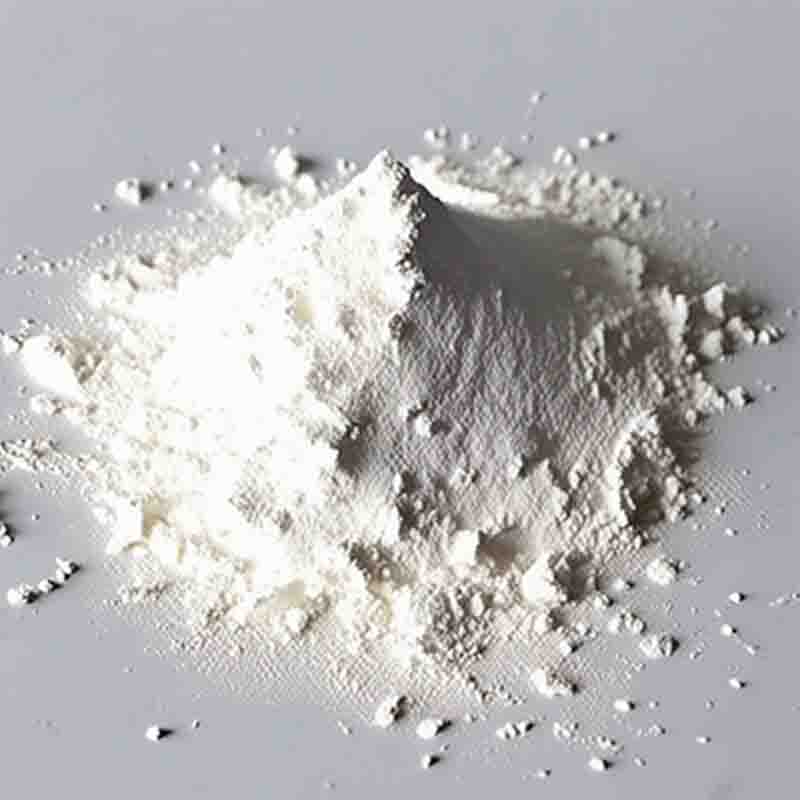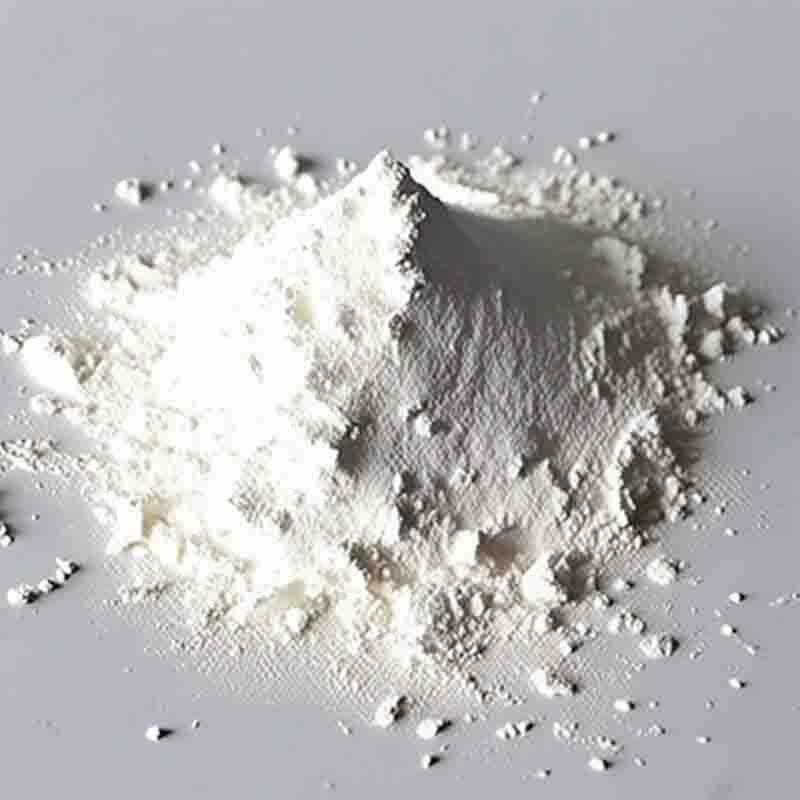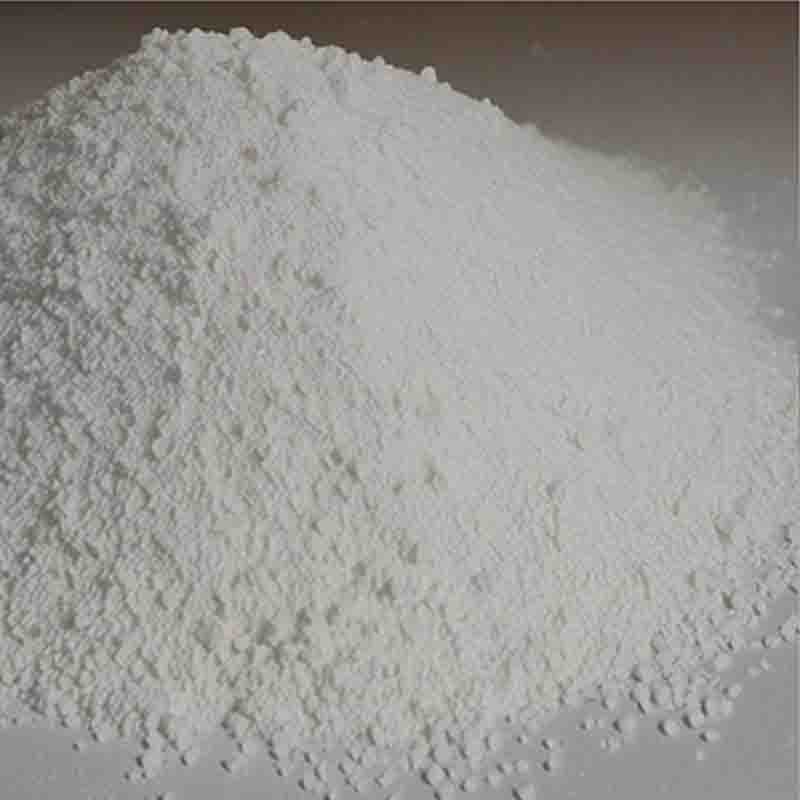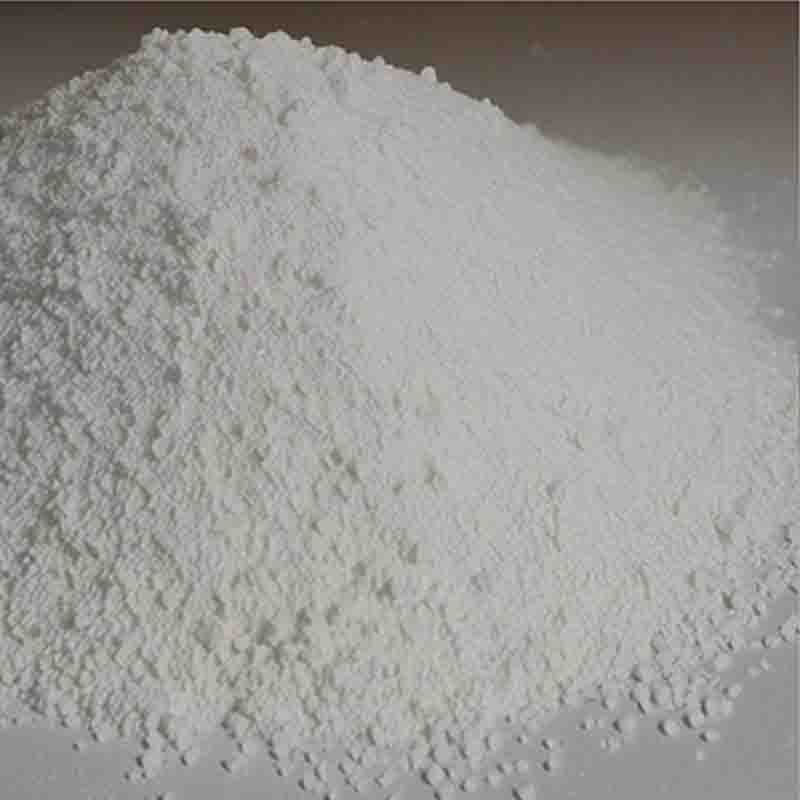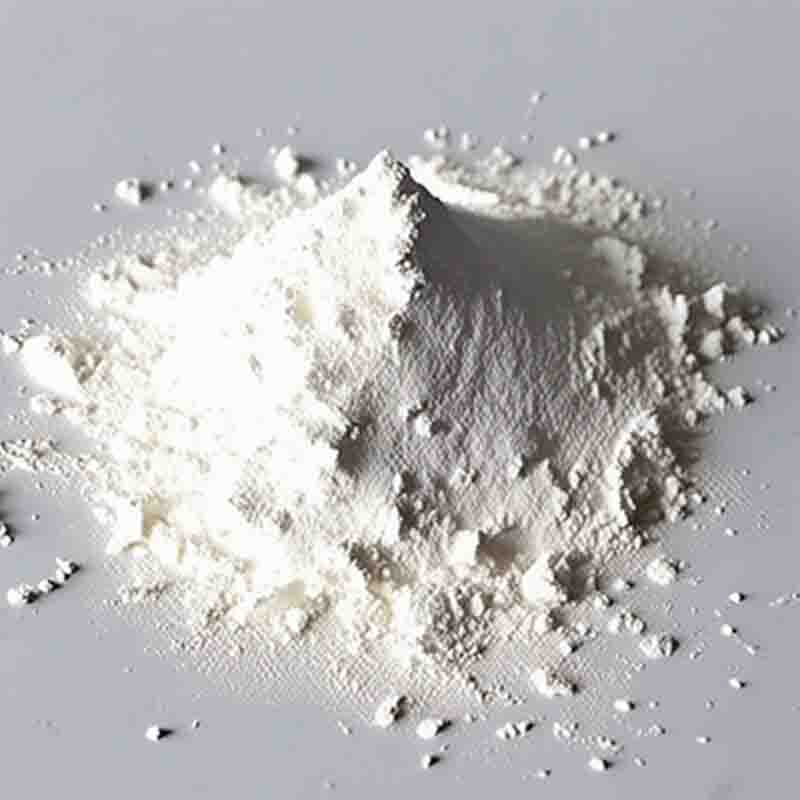3-Chloro-2-methylaniline CAS: 87-60-5
| Catalog Number | XD95732 |
| Product Name | 3-Chloro-2-methylaniline |
| CAS | 87-60-5 |
| Molecular Formula | C7H8ClN |
| Molecular Weight | 141.6 |
| Storage Details | Ambient |
Product Specification
| Appearance | White powder |
| Assay | 99% min |
3-Chloro-2-methylaniline, a valuable chemical compound, serves various essential roles across multiple industries. In the pharmaceutical sector, it acts as a crucial intermediate in the synthesis of pharmaceutical ingredients and active compounds, contributing to the development of medications for diverse therapeutic applications. Its use in pharmaceutical synthesis supports advancements in healthcare and medicine by enabling the production of new drugs and therapeutic agents.
Furthermore, 3-Chloro-2-methylaniline finds applications in organic synthesis, where it serves as a key building block for the preparation of complex chemical compounds. It is utilized in the synthesis of specialty chemicals, dyes, pigments, and pharmaceutical intermediates, as well as in the production of fine chemicals used in a wide range of industrial processes.
In the field of materials science, 3-Chloro-2-methylaniline is employed as a precursor in the synthesis of advanced materials, including polymers, resins, and specialty coatings. These materials have applications in various industries, such as adhesives, coatings, and composites, contributing to the development of high-performance materials used in diverse industrial settings.
Additionally, 3-Chloro-2-methylaniline is utilized in the agrochemical industry as an intermediate in the synthesis of pesticides and herbicides. Its role in the production of active ingredients helps in the formulation of crop protection products, thereby supporting agricultural productivity and the global food supply.
Overall, 3-Chloro-2-methylaniline is a versatile compound with significant applications in pharmaceuticals, organic synthesis, materials science, and agrochemicals. Its role as an intermediate and building block contributes to the development of new drugs, advanced materials, and specialty chemicals, making it an essential component in the chemical industry.


